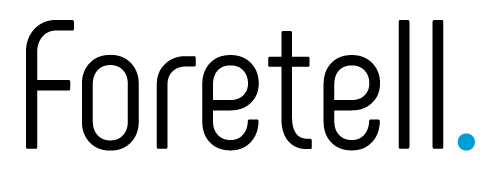Empowering Seamless Care: A Journey Toward Interoperability in Healthcare

In the wake of the recent Reuters event on “Breaking Barriers: Advance Health Data Interoperability for Seamless Collaboration in Care Delivery,” it was enlightening to hear from thought leaders like Dr. Tripathi and industry experts such as Richard, Mickey, and Alistair. Their insights shed light on the paramount importance of interoperability and standardization in healthcare. Dr. Tripathi’s reference to the tools created by the Office of the National Coordinator for Health Information Technology to facilitate this essential interoperability was particularly striking. Mickey and Alistair’s discussion on the potential use of Firebase for regulatory regulated endpoint to pull relevant data underscores the innovative approaches being explored to tackle these challenges.
As a digital healthcare expert and consultant, I am inspired by the strides being made toward seamless collaboration in care delivery. The dialogue at the event underscored the urgency of addressing the complex web of interoperability challenges that persist in healthcare. Here’s my take on the evolving landscape:
Technology Trends and Maturity in Healthcare Interoperability:
The healthcare industry stands on the brink of a technological revolution, poised to overcome historical barriers to interoperability. The key trends include:
- Rapid Adoption of FHIR Standards: Fast Healthcare Interoperability Resources (FHIR) standards are becoming the backbone for enabling efficient data exchange across disparate systems.
- Advancements in AI and Machine Learning: AI-enabled tools are increasingly being deployed to navigate complex health datasets, offering insights and enhancing decision-making processes.
- Growth of Telehealth Platforms: The surge in telehealth services has necessitated robust interoperability frameworks to ensure seamless patient care across virtual and traditional care settings.
Key Highlights:
Unified Standards are Critical: Standardization across compound medication management and other areas remains a cornerstone for enhancing patient safety and care continuity.
Transparency in AI Use: Ensuring that AI tools are deployed ethically, with a clear focus on augmenting clinical decision-making, is imperative.
Active Engagement with Emerging Regulations: Healthcare stakeholders must navigate ONC regulations and CMS mandates proactively to drive forward interoperability initiatives.
Leverage Emerging Technologies: Tools like Firebase offer innovative pathways to pull data efficiently, supporting informed medical decisions.
Future Actions and Recommendations:
In light of the discussions and my reflections, I propose the following steps to accelerate the journey toward interoperability:
- Adopt and Promote FHIR Standards: Encourage widespread adoption of FHIR-based exchange capabilities to ensure a standardized approach to data sharing.
- Invest in AI Governance: Develop frameworks to evaluate AI tools, focusing on transparency and ethical use to foster trust among clinical users.
- Enhance Data Transparency: Implement transparency dashboards for AI and third-party tools to ensure clinicians have access to relevant, actionable information.
- Standardize Compounded Medications: Explore the digitization of NDC-like numbers for compounded preparations as a step towards standardization.
- Facilitate Provider and Payer Data Exchange: Make API access a priority to streamline continuity of care and management processes.
The journey toward interoperability in healthcare is complex yet undeniably crucial for the future of patient care. By embracing technological advancements, fostering collaboration, and adhering to standardized practices, we can pave the way for a healthcare ecosystem that is more connected, efficient, and patient-centric than ever before.
Let’s Chat! Book Your Free Strategy Session Now
Peyman Moh
Peyman Moh, a seasoned leader with over 20 years of experience in digital health and innovation, excels in transforming foresight into impactful realities. As the former Director of Digital Health & Innovation at GSK and founder of Foretell Innovation Lab, he has spearheaded major projects, established innovation accelerators, and provided advisory services. Renowned for his strategic foresight and ability to foster ecosystem collaborations, Peyman's expertise in future-back thinking and innovation lifecycle management positions him as a pivotal figure in navigating the rapidly evolving innovation landscape.






